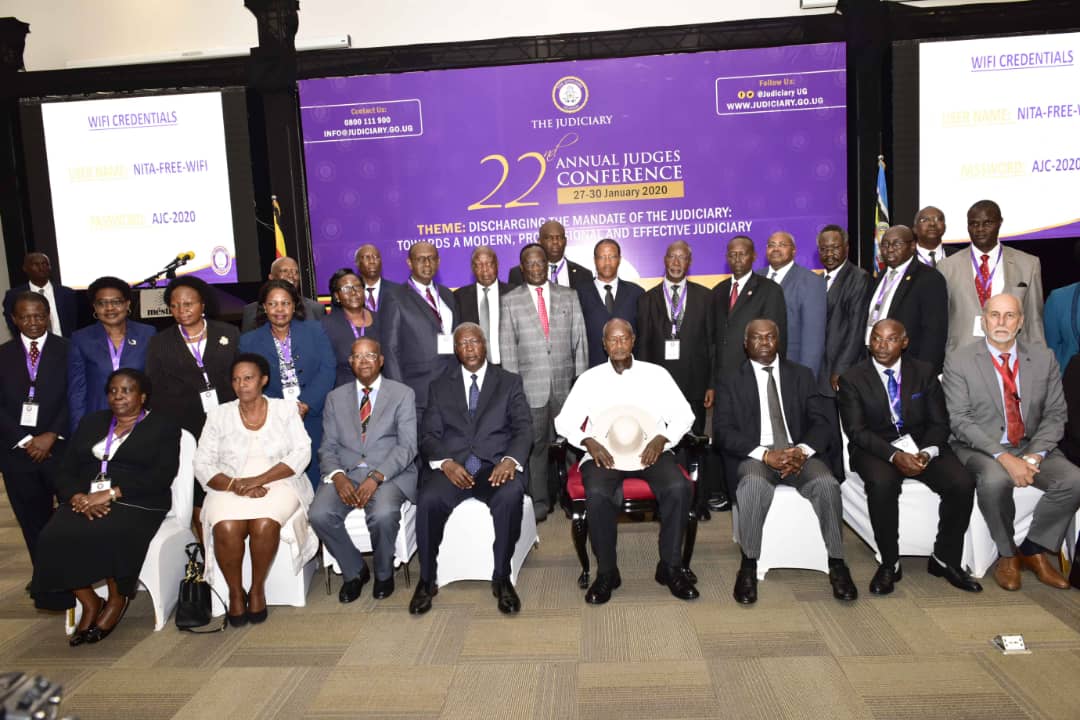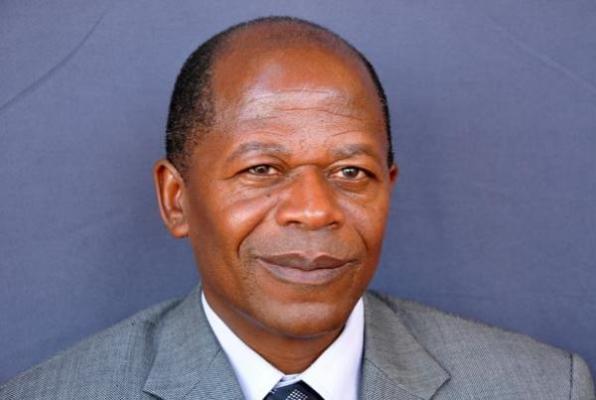Forty percent of female commercial sex workers in Arua district and Arua City are married, a survey done by Makerere University School of Public Health has revealed.
The survey, which involved 640 commercial sex workers in the two administrative units, found that 31 percent of the women engaged in commercial sex work are cohabiting, and 9 percent are officially married.
Bernard Amaga, the Arua City Health Educator, also the HIV Focal Person said the statistics are worrying as 30 percent of the respondents were also found to be HIV positive.
Amaga revealed to Uganda radio Network on Friday that although the survey was conducted in 2022, the results have just been released this week, and still gives a rough picture of the situation, despite the one-year time lag.
He noted that another study on the same is being done, and results, which are expected next year, will guide the authorities on the best courses of action to avert the trend.
Amaga explained that the fact that some married people are still engaged in commercial sex work indicates socio-economic hardships that need to be addressed.
He revealed that the city authorities are already carrying out outreaches with development partners such as the Infections Disease Institute (IDI), and Most at Risk Population Initiative (MAPI), among others, to ensure that the sex workers are tested and those found HIV positive are put on ARVs, while those who test negative are given pre-exposure prophylaxis.
Amaga also pledged that the city would strengthen networks of people living with HIV, which are very strong groups of people who are strongly engaged in social mobilization, advocacy, and offering counseling and guidance at the community level.
Judith Bako, the Deputy Resident City Commissioner in the Central Division of Arua City argued that the prevalence of HIV in Arua City and other districts at the border is high because of the entry and exit of non-nationals.
Bako appealed to the leaders in all the administrative units to allocate part of their locally raised revenue towards the fight against HIV.
Dona Aseru Abiniku the Arua chairperson of the National Community of Women Living with HIV and Aids in Uganda (NACWOLA), said the current economic pressures force some women who are married to engage in sex work to earn an income.
According to Abiniku, men are already heavily burdened by the economic weight of having to do most of the investments in the home including paying school fees; constructing houses, and buying other assets, which sometimes makes them give little money to their wives.
She added that the fact that women always want to compete with their fellow women on the latest trends also forces some to use whatever means available to get money to keep up appearances.
Abiniku advised couples to embrace the idea of counseling in every stage of their life to cope with life challenges.
She noted that many people think that the only source of happiness is money, which forces them to resort to risky ways to get that money.
“As long as you think all that you need to live happy is around money you are going to use all methods, all ways to survive, which may not be comfortable or appreciated by the community,” Abiniku said.
Luke Candia, a Person Living with HIV in Arua City, appealed to the authorities to relax the requirements for some of the poverty-alleviation government programs such as PDM and Women Entrepreneurship Program, for the vulnerable groups such as persons living with HIV to easily access them and start income-generating activities to improve their livelihood.
The latest prevalence of HIV in Arua city stands at 4.4 percent.
-URN





